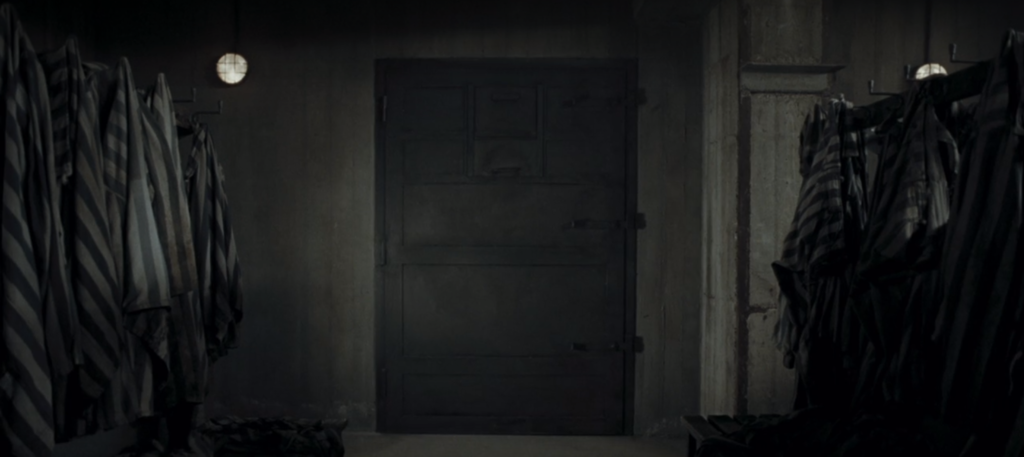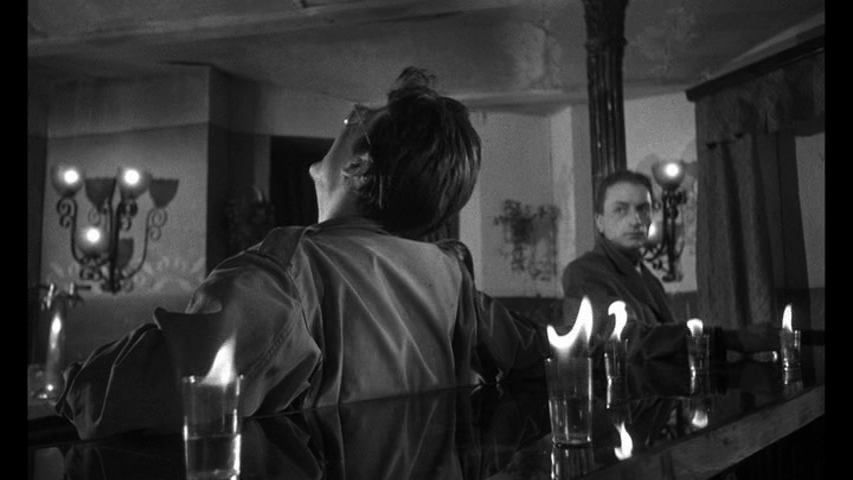Film
Matters is pleased to announce the
winner of the fourth annual Masoud Yazdani Award, Nicole Veneto, for her FM 8.3
(2017) article, “’That lightsaber. It belongs to me.’: Patriarchal Anxiety and
the Fragility of White Men’s Masculinity in The
Force Awakens.” Nicole is currently a graduate student in the Women’s,
Gender, and Sexuality Studies program at Brandeis University, where she landed after studying
English and Women’s and Gender Studies as an undergraduate at
Simmons University. She will be receiving a copy of The Star Wars Archives: 1977–1983, published by Taschen in
2018.
And, this year, for the first time in the history of this award, the judges asked to recognize a second Film Matters author with an honorable mention: Julia Glick, who published “Today I’m Going to Test You: Oppositional Cyborgs and Automated Anxiety in Ex Machina,” also in FM 8.3 (2017). Julia wrote what was to become this article while an undergraduate student at the University of California, Berkeley, studying gender and women’s studies. Interestingly enough, she wrote a second article for Film Matters, published in FM 9.1 (2018), “We’ll Teach Them Tricks: Reinstating Normative Hybrid Futures in Alien: Resurrection,” which will be in contention for this year’s award! Julia will be receiving a copy of Staying with the Trouble: Making Kin in the Chthulucene (Duke University Press, 2016), by Donna J. Haraway.
We must celebrate, again, this year’s
wonderful panel of judges, whose work in reviewing the 2017
volume year of FM articles on our behalf was much appreciated:
Michael Benton, Humanities Professor
at Bluegrass Community & Technical College, specializes in film studies,
documentary, and peace and conflict studies and hosts the Bluegrass Film
Society.
Ari Laskin, Assistant
Professor in Media Arts & Culture at Occidental College, is a film
theorist, media historian, and filmmaker who teaches courses in global film and
media, film genre, critical and visual studies, and film production.
Elizabeth Ward, Lecturer in
German at the University of Hull, is a cultural historian specializing in East
German cinema and film in the Cold War and has published on both East German
film and twenty-first-century German cinema.
Special thanks are due to Michael Benton, who is doing his second tour of duty with us as
judge! And a big thank you is also owed to the guest editor responsible for selecting
and publishing these two peer-reviewed articles, Fabrizio Cilento, and his students at Messiah College, in their
contemporary science fiction dossier that featured in FM 8.3 (2017).
Each year, Film Matters honors Masoud Yazdani, founding chairman of
Intellect and all-around visionary who is very much missed, by recognizing an
emerging undergraduate film scholar who has published a peer-reviewed article
in Film Matters the
previous volume year. The winning author, selected by three individual
academics based at institutions of higher education worldwide, receives a book
from the field of film studies, in recognition of his/her achievement.
We are eager to get
started on the judging for the 2019 award!
All volume 9 (2018) feature article and/or peer-reviewed authors will
automatically be considered for this distinction. Upon the release of Film Matters issue 9.3 (2018), we
will put out a call for judges.














































